By Eric Vandenbroeck and co-workers
The War on Drugs in Mexico
Amid Latin America’s
undeniable successes, one problem, in particular, festered:
organized crime was booming, thanks to growing demand for illicit drugs and
goods from consumers in the United States, Europe, and Latin America itself.
Mafias and cartels made billions trafficking and selling drugs and illegally
mined gold to buyers abroad. Within the region, economic growth upped consumers’ purchasing.
They thrived off
growing markets for stolen merchandise, contraband imports, and drugs. Although
Latin American governments, often at Washington’s behest, cracked down, the
Mafias and cartels learned to outsmart them. They infiltrated states, while
some state actors learned how to enlist criminal organizations for personal and
political gain.
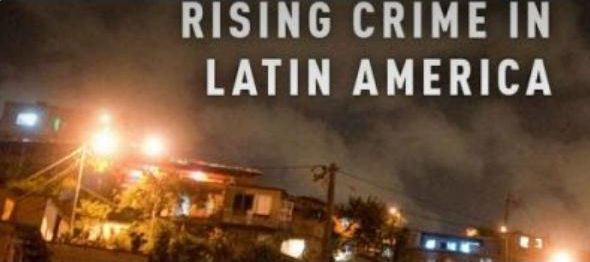
Mexico’s President
Claudia Sheinbaum has escalated efforts to weaken the dominance of drug cartels
by deploying thousands of troops to infiltrate a major cartel base in Sinaloa
state.
This new approach
marks a significant shift in the country’s security strategy. During her
campaign, Sheinbaum promised to continue the policies of her predecessor,
Andres Manuel Lopez Obrador, who prioritized addressing the root social causes
of crime rather than directly confronting the cartels—a strategy dubbed “hugs
not bullets.”
On the campaign
trail, Sheinbaum had promised to largely continue the security policy of her
mentor and predecessor Andres Manuel Lopez Obrador, which prioritized
addressing the root social causes of crime rather than attacking the cartels -
an approach nicknamed "hugs not bullets" after a catchphrase of the
former president.
But initial signs
from her first months in office suggest a more aggressive approach with the
most substantial deployment in at least six years of military and naval troops,
as well as special forces and heavy weaponry to Sinaloa since an intra-cartel
war broke out in September.
High-profile arrests
and large drug seizures have followed, including a record bust of over a ton of
fentanyl.
That more
front-footed strategy could align well with President-elect Donald Trump, who
has called on Mexico to do more to stop the flow of drugs, and migrants, to the
U.S.
But it also risks
further inflaming violence and homicides, as a more confrontational position
has done in the past in a country where cartels are
heavily armed with military-grade weapons.
A Venezuelan migrant at the U.S.-Mexican border, April
2024
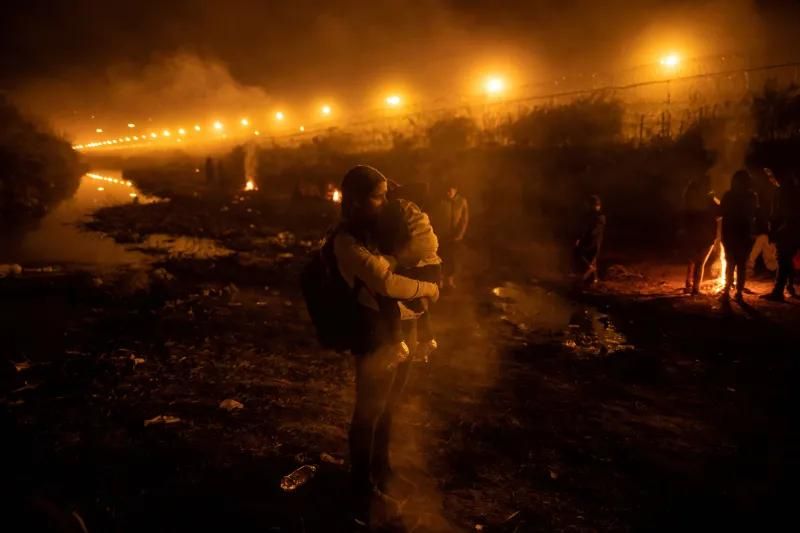
Backlash to the post-2020
spike in undocumented immigration from Latin America weighed strongly in Donald
Trump’s favor.
Some have also taken
it as an indirect admission that Lopez Obrador's less confrontational strategy
did not work. Many experts say it helped organized crime groups entrench power
in vast swaths of the country.
Ken Salazar, the U.S.
ambassador to Mexico publicly criticized the approach, saying it had
"failed" and "Mexico is not safe."
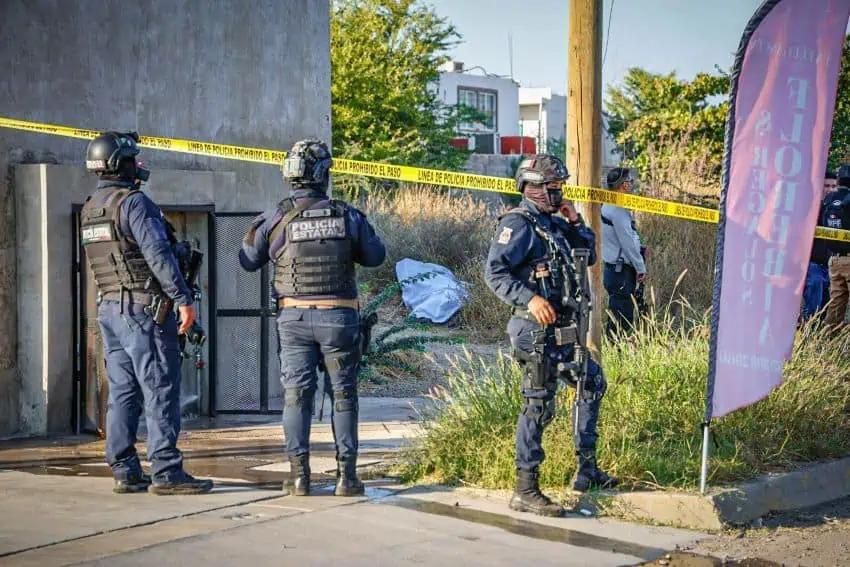
Military to the Streets
Some security experts
have drawn comparisons between the operations in Sinaloa and the military
war waged on the cartels by then-President Felipe Calderon in 2006. That
triggered a spiral of violence to which many analysts trace the continued high
homicide rates in Mexico.
The United Nations
has repeatedly criticized the use of the armed forces in the fight against
crime in Mexico, arguing that it encourages human rights violations. The
Mexican government denies that security in the country has been militarized or
that human rights abuses are common.
Key to Sheinbaum's
crime-fighting strategy is her new security chief Omar Garcia Harfuch, an
experienced policeman who worked for the president while she was mayor of
Mexico City.
Secretary of Security and Citizen Protection, Omar
Garcia Harfuch.
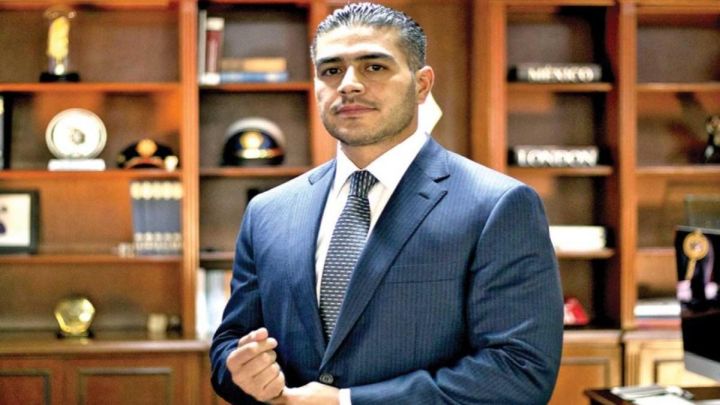
"We know how
difficult it is to pacify the country," he said last week after an
investigator from his ministry was killed in Sinaloa.
The confrontation
between rival groups in Sinaloa, which intensified on Sept. 9, has so far
killed some 650 people, with more reported missing. In an
attempt to contain the conflict, the local security chief was replaced
by a military officer over the weekend.
In the same week, at
least three soldiers were killed by land mines laid by organized crime in two
separate locations in the western state of Michoacan.
For some experts,
there is a danger if Sheinbaum seeks to replicate her strategy in Sinaloa
across the country.
Because each one
(criminal group) has its personality and its mark, and they have
to find the part that hurts them.
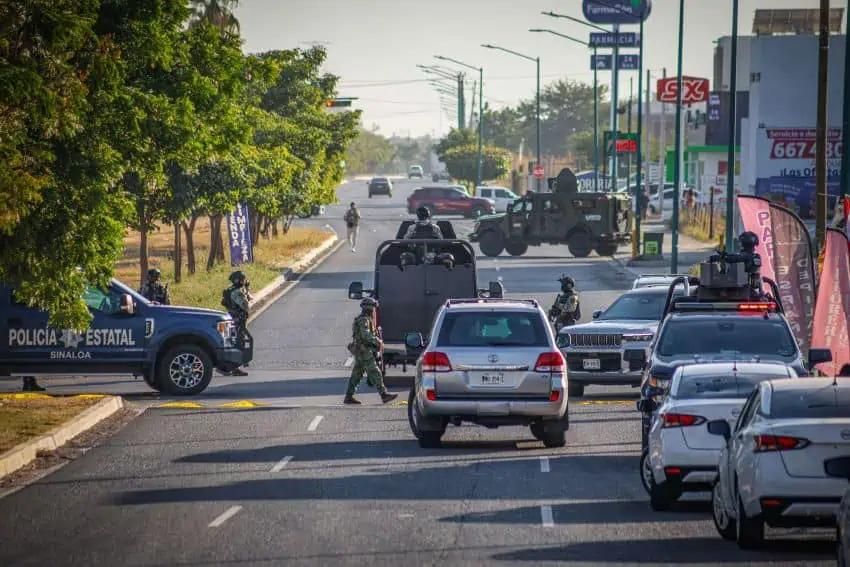
The Secretary of Security
and Citizen Protection, Omar Garcia Harfuch has spent Christmas Eve
and Christmas Day in Culiacán, Sinaloa to supervise security operations
following armed attacks and the burning of establishments that frighten
citizens.
García Harfuch has
focused on pacifying Sinaloa after disputes between criminal groups have forced
him to travel to the state located in the northeast of the country, from where
he coordinates the strategy to try to achieve his objective.
President Claudia
Sheinbaum told reporters during her Thursday morning press conference that
García Harfuch will remain in the northwestern state for an undefined period.
After a federal agent
was targeted and killed, Security Minister García Harfuch returned to oversee
the state’s security operations.
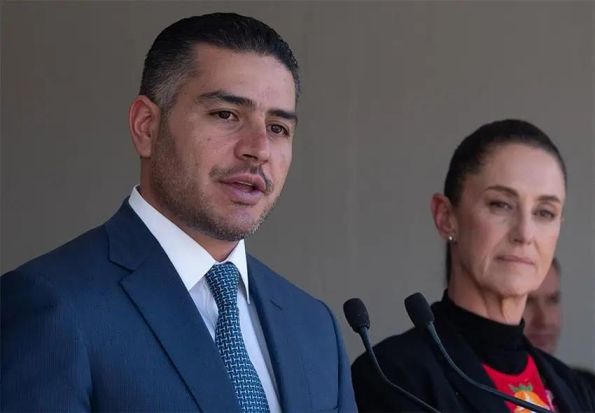
The federal official,
together with Governor Rubén Rocha, organized the actions of the three levels
of government to restore peace to the people of Sinaloa.
State business
leaders say the violence has cost the state economy at least 18 billion pesos.
Even as Rocha claims
the violence is being blown out of proportion, the reality of the situation indicates otherwise,
according to Proceso.
Last Saturday, a mid-day
shootout in which more than 300 rounds were fired off occurred near a baseball
park in Culiacán where Little League games were taking place. For five minutes,
players and fans lay on the field waiting for the gunfire to stop.
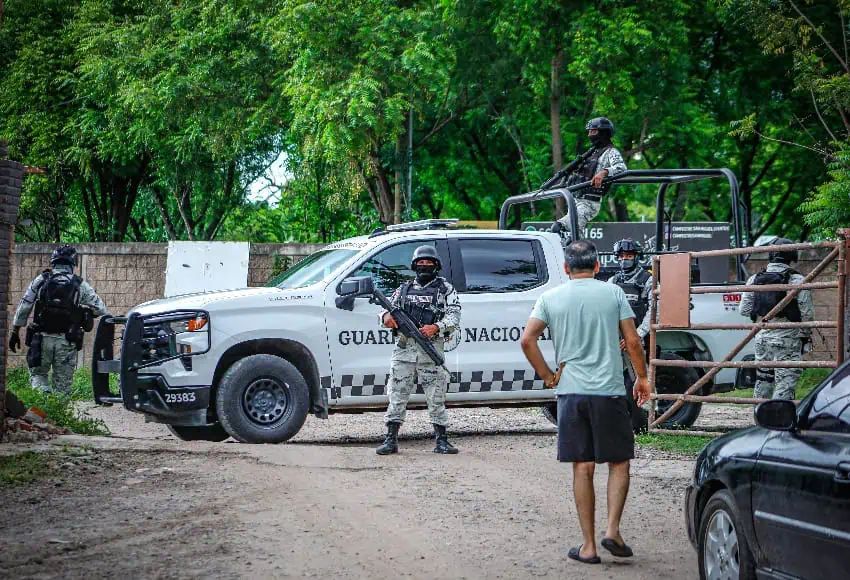
In the
aftermath “El Mayo”
Zambada’s arrest in the United States, Sinaloa residents have been caught in the middle of
a cartel power struggle. (Cuartoscuro)
The next morning,
another five-minute-long firefight took place in a residential area of the
state capital. One property was shot up as was a recently inaugurated fire
station, damaging several fire trucks.
Some online companies
have refused to make deliveries in the state due to concerns about the safety
of highway travel. There have been shootouts along the Mazatlán-Culiacán
highway — where bodies have also been regularly dumped along the road, Proceso reports.
Concern about the
public’s psychological health has prompted the Autonomous University of Sinaloa
to offer virtual counseling to residents who might be suffering from PTSD,
anxiety disorders, and shock.
Even the army is not
safe from the violence. On Wednesday, the same day the
SSPC agent was killed, soldiers were ambushed in the village of Elota.
Though state
authorities insisted no soldiers were wounded in the attack, some publications reported that one soldier
was killed and at least four others were wounded.
For updates click hompage here